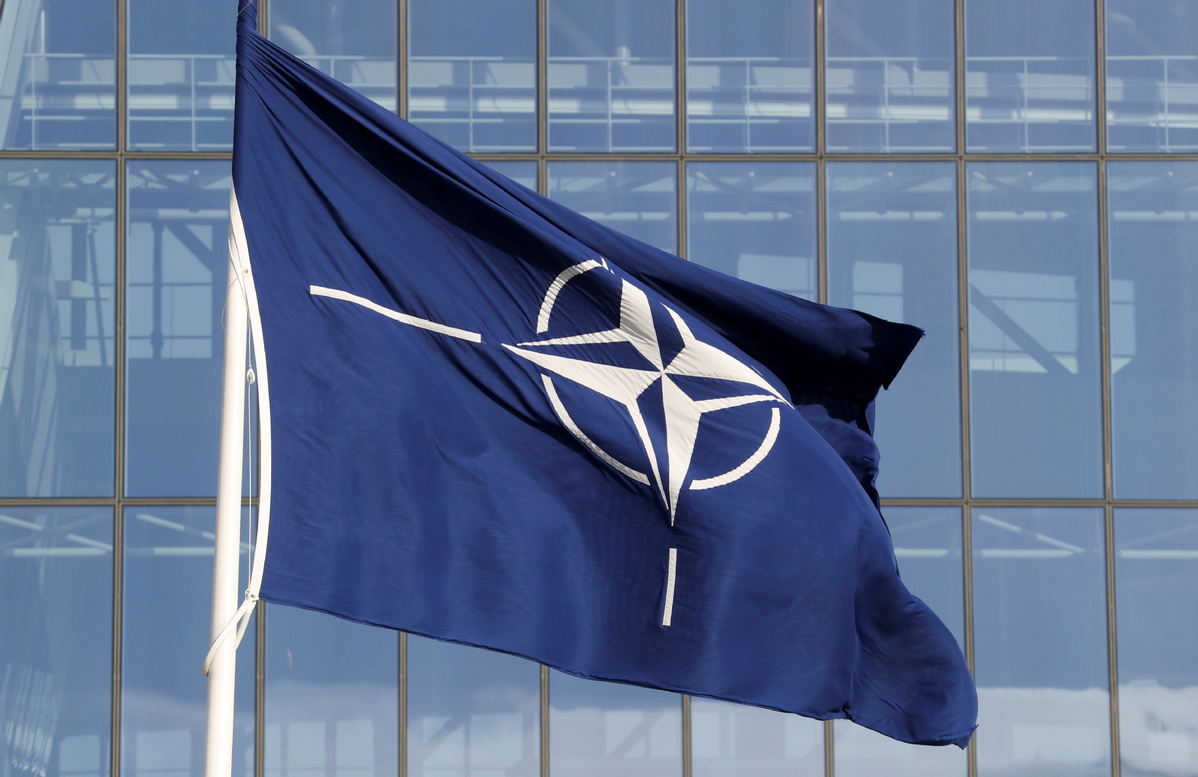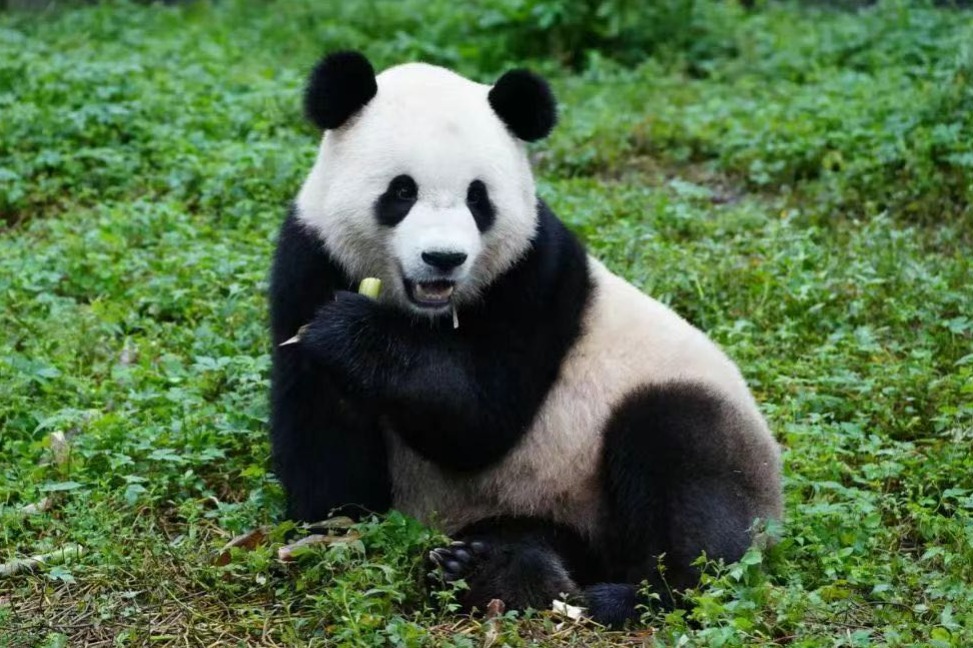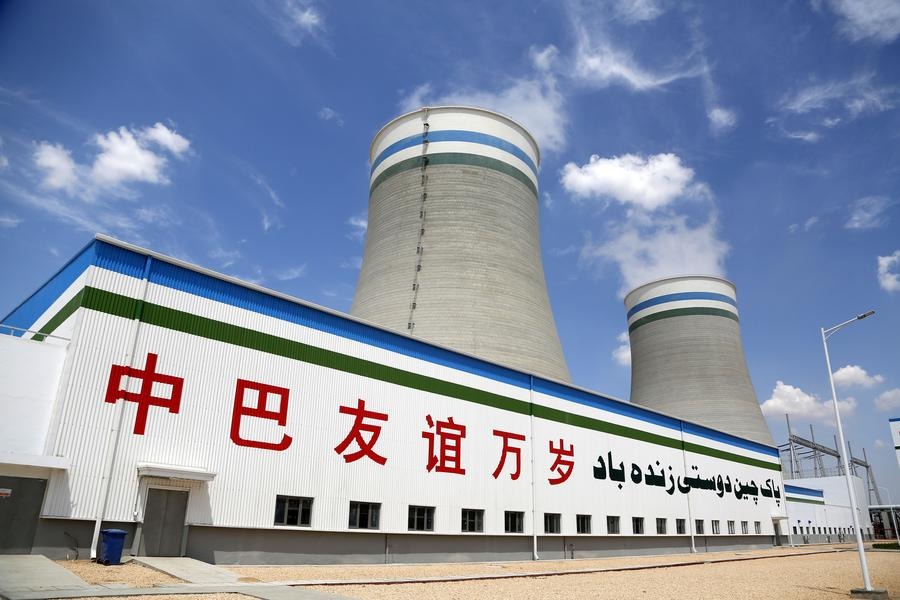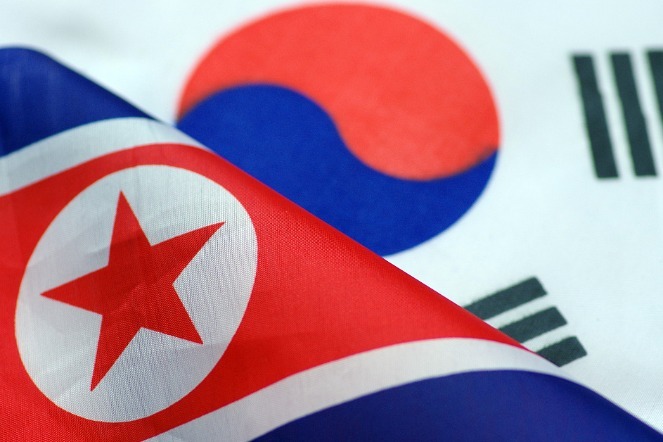NATO should rein in US' coercive behavior: China Daily editorial


In an interview with the Editorial Board of The Washington Post last week, NATO Secretary General Jens Stoltenberg insisted that "NATO will remain an alliance of North America and Europe. It will not become a global alliance with members from Asia".
But the United States is hell-bent on playing the "Taiwan card" for its own narrow ends. Thus, NATO's presence in the region has already become something of a fait accompli.
Since it is controlled by Washington, NATO is undoubtedly intending to expand to the Asia-Pacific using cross-Strait tensions as the pretext. "Any conflict in and around Taiwan will have profound consequences for all of us," Stoltenberg said in a bid to justify this.
Although he had softened his tone compared with his interview with Japanese media three months ago, when he directly lambasted Beijing's "coercive behavior" in the Taiwan Strait, his message was essentially the same. Namely: "What happens here in Asia matters to NATO. Our security is connected."
The logic Stoltenberg used this time to explain why the Taiwan question concerns NATO, a transatlantic security alliance born of the Cold War, is as absurd as his coercion claim.
"Trade, 50 percent of container freight, ships go through the Taiwan Strait. A significant amount of all of the world's semiconductors are produced in Taiwan," he rightly pointed out.
No matter how many container ships transit the Taiwan Strait every year, it is irrelevant to changing the nature of the Taiwan question from China's internal affair to a global issue. In fact it only highlights the fact that it is Washington's insistence on playing the "Taiwan card" that is the real coercive behavior and a risk to trade and semiconductor supplies.
What the NATO chief is peddling is nothing but interventionism, militarism and hegemony customized in accordance with Washington's agenda. If that is bought by regional countries and they let NATO into the region, it will shatter the region's hard-won peace and stability.
That NATO's eastward expansion is being driven by Washington is beyond doubt. Prior to the Joe Biden administration pressing forward its aggressive national security strategy that has seen it instigate a war in Europe and heighten tensions in Asia, NATO did not see China as an adversary. Indeed, three years ago, Stoltenberg was expressing the organization's willingness to strengthen its relations with China. He and NATO perhaps now need to be reminded that the international consensus on one-China is a fundamental part of the rule-based order under the framework of the United Nations which they claim to uphold.


































